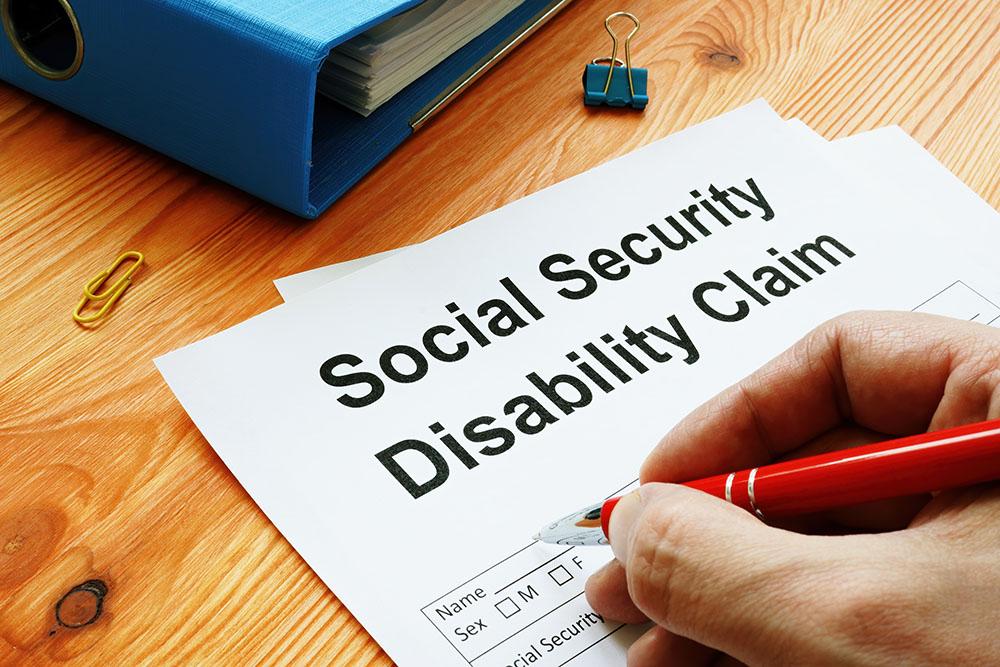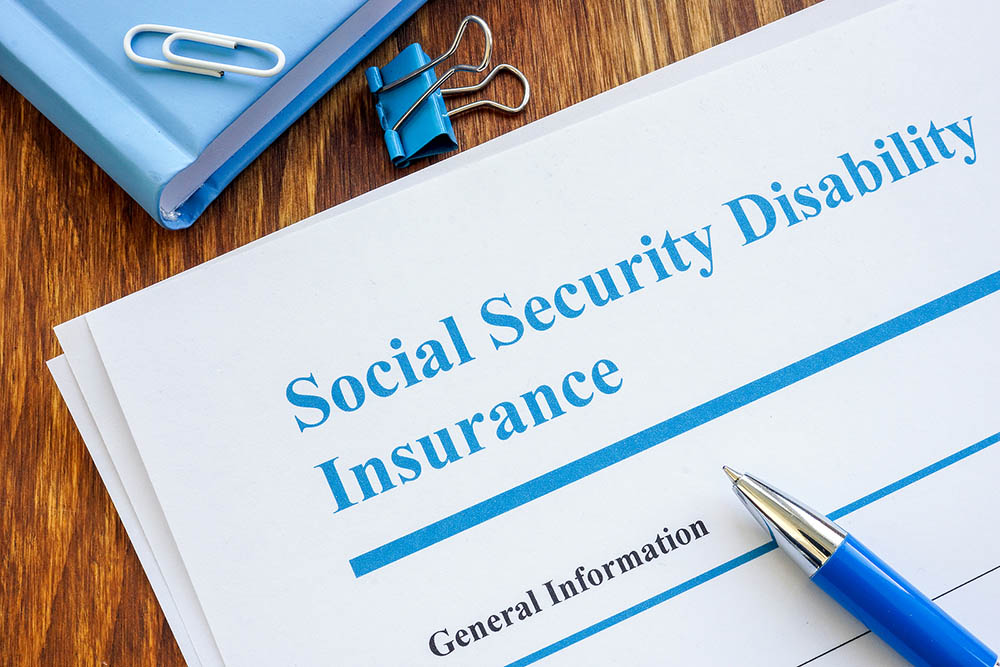Discussing topics like clergy sexual abuse is undoubtedly tough, yet understanding one’s legal rights in such traumatic scenarios is crucial. Clergy members hold positions of trust and authority in communities, and when this trust is violated, the emotional and psychological consequences are profound. As legal advocates, we recognize how essential it is for victims and their families to know how the law can protect them and support their journey towards healing and justice.
This article aims to shed light on what constitutes clergy sexual abuse, outline the legal rights available to victims, and provide a clear guide on navigating the legal process. We’ll also discuss how to seek expert legal help. Our primary goal is to empower victims with information and support, helping them take definitive steps towards holding the wrongdoers accountable and reclaiming their lives. Being informed about your legal rights is your first shield against injustice, and we are here to help illuminate that path.
What Constitutes Clergy Sexual Abuse?
Clergy sexual abuse involves inappropriate sexual behavior by a member of the clergy or a religious leader towards someone in their congregation or under their care. It is critical to comprehend that this form of abuse transcends physical acts. It includes any non-consensual contact, coercive behaviors, and exploitation of the power and trust inherent in the role of clergy. This kind of abuse can manifest in several forms, including but not limited to, unwanted touching, sexual assault, and engaging in sexualized conversations that are inappropriate given the clergy’s role.
In these situations, the clergy member exploits their authority and the trust placed in them by individuals and their families. It’s essential to recognize these actions as abuses of power, especially since victims might feel conflically about accusing a respected community figure of such grave misconduct. Defining this abuse clearly helps in recognizing signs early and taking appropriate action, which is crucial for stopping abuse and starting the healing process.
Key Legal Protections for Victims of Clergy Abuse
Victims of clergy sexual abuse have several legal protections designed to support them through their recovery and pursuit of justice. First and foremost, the law acknowledges the incredibly devastating impact of this abuse and provides victims with the right to sue for damages. This compensation can cover various needs, such as medical expenses, counseling, and pain and suffering caused by the abuse.
Additionally, several states have enacted specific laws to help protect victims, including extending the statutes of limitations for bringing forward a lawsuit, which recognizes that many victims might need years to come to terms with their abuse before they’re ready to take legal action. Confidentiality laws are also crucial, allowing victims to maintain their privacy when they are pursuing legal cases against their abusers.
Furthermore, there are mandatory reporting laws in many areas. These laws require clergy members and sometimes others who learn of the abuse to report it to authorities, which can help prevent further abuse and start the legal process. By understanding these protections and how they can help, victims can feel more supported and empowered to pursue justice against their abusers.
Navigating the Legal System: Steps for Victims
Navigating the legal system after experiencing clergy sexual abuse can feel daunting, but understanding the steps involved can make the process more manageable. First, it’s important for victims to secure representation from attorneys who specialize in these cases. This provides a trusted guide through each step of the legal process and ensures that all necessary legal actions are taken appropriately.
The second step involves documenting the abuse in detail. This could include writing down all memories of the incidents, collecting any correspondence that might be relevant, and identifying witnesses who could support the case. Our legal team can help organize this information and prepare it for the next phases.
Finally, the victim and their legal team will decide the right course of action, which could mean negotiating a settlement or going to trial. Throughout the process, our focus is on respecting the victim’s comfort level while aggressively pursuing justice. This balance is crucial in maintaining the resilience and dignity of the survivors as they seek closure and compensation for their suffering.
How to Seek Legal Load and Support in Abuse Cases
Finding the right support and legal representation is essential when dealing with the consequences of clergy sexual abuse. We are committed to providing a compassionate and comprehensive legal service that respects the sensitive nature of these cases. When seeking legal advice, it’s important to choose professionals who are not only knowledgeable about the law but also about the emotional complexities involved.
Our team is dedicated to offering a supportive environment where survivors can feel safe and heard. We guide each client through their legal options and the potential outcomes, ensuring they are fully informed throughout every stage of their case. This includes not just pursuing justice in court, but also helping clients access psychological support and emotional counseling, recognizing that healing is both a legal and personal process.
Standing With Survivors: Find Your Ally in Justice
Navigating the aftermath of clergy sexual abuse is not a journey you need to make alone. At Greg Jones Law, P.A., we stand committed to supporting survivors with steadfast legal representation combined with compassionate client care. We understand the emotional and psychological toll these cases take on individuals and their families, and it’s our mission to make the legal process as smooth and effective as possible.
If you or a loved one has been affected by clergy sexual abuse, don’t hesitate to reach out to us. Let Greg Jones Law, P.A. help you find the path to justice and healing, ensuring you’re supported every step of the way.




